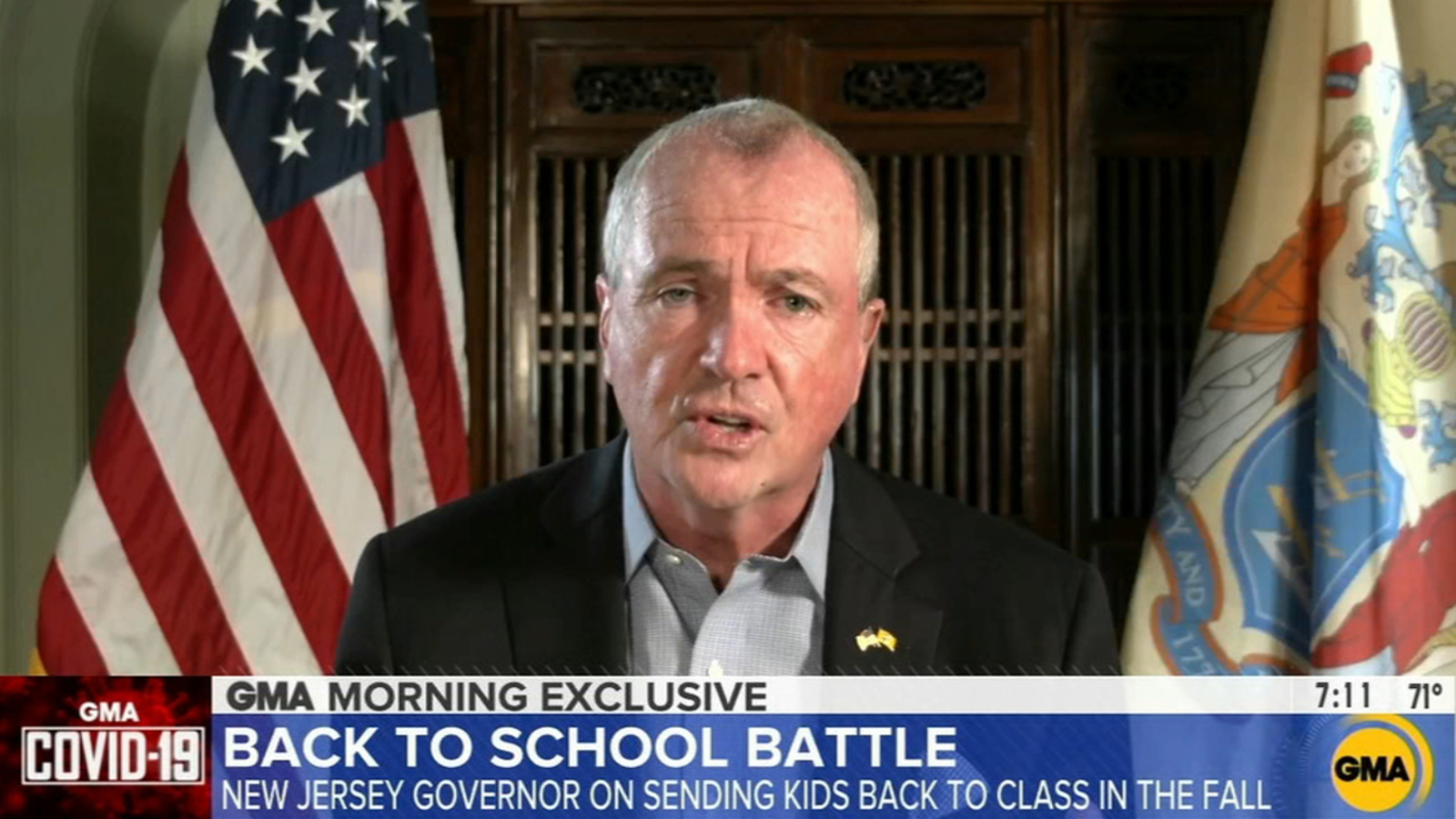
1,100 Toms River Students Are Stuck at Home While the Murphy Administration Ignores Pleas for Virtual Learning
September 29, 2021
For the Murphy Administration, Students With Disabilities Are an Afterthought
September 30, 2021In Newark, Braven is Moving the Needle on New Jersey’s ‘Stubborn Racial Wealth Gap’
New Jersey has one of the most stubborn racial wealth gaps in the United States, according to the New Jersey Institute for Social Justice. The median net worth for a white family is more than $309,000, but just $5,900 for a Black family. It would take a Black family 228 years to achieve the wealth that an average white family has.
Braven, a national nonprofit organization with a site in Newark, is working to close this gap—among other divides. In Newark, Braven supports students from humble beginnings from college to career by partnering with Rutgers University-Newark and employer partners to offer a two-part experience that begins with a credit-bearing college class followed by a post-course experience that lasts through graduation. Participants, called Fellows, emerge with the skills, experiences, confidence, and networks they need to land a strong first job and get on a path to economic freedom.
A quality first opportunity, whether a strong job or enrollment in a graduate degree program, helps individuals build long-term wealth and health. In Braven’s book, a strong first job requires a bachelor’s degree and is full-time, as well as includes some combination of promotion pathways, employee benefits, and a market-competitive starting salary.
To date, Braven Newark has supported a community of 1,045+ Fellows, and they are proving what’s possible. According to their recently released Newark Impact Report from the 2020-2021 school year, 161 Braven Fellows graduated from Rutgers University-Newark in 2020, and this class outpaced their peers nationally in strong job attainment or entrance into graduate school by 25 percentage points (61% vs 36%) within six months of graduation, despite graduating into the worst labor market in many years.
What’s more, 2020-2021 Braven Newark Fellows also showed growth across skills that are associated with academic, career, and lifetime success:
-
27% increase in job search self-efficacy, or the belief that you can successfully perform the behaviors required in a job search to land a job;
-
15% increase in career self-efficacy, the belief that you can successfully perform behaviors for career planning, decision-making, and progression; and
-
24% increase in grit, or having long-term goals you care about, holding steadfast to these goals, and making sustained progress despite obstacles.
Of Braven Newark’s 2020-2021 Fellows, 89% identify as people of color, 68% come from low-income backgrounds, and 59% are first in their families to go to college; 92% identify as at least one of the above.
“We are so proud of these results and the role we’re playing to help close equity gaps in our city and state,” said Vince Marigna, Executive Director of Braven Newark. “In deep partnership with Rutgers University – Newark and anchor employer partners, Braven is helping more students maximize their full potential and achieve economic mobility.”
This past school year, volunteers nationwide have dedicated 23,000+ hours to Braven Fellows including as Leadership Coaches, Mock Interviewers, and Professional Mentors. In Newark alone, more than 500 volunteers from top companies like Audible, Barclays, Horizon Blue Cross Blue Shield of New Jersey, and Prudential, have dedicated nearly 5,000 hours to help Fellows succeed. By partnering and volunteering with Braven, local employers help their own employees develop into inclusive leaders through mentoring and coaching opportunities as well as gain access to diverse talent.
There are so many talented young people with endless potential, and organizations like Braven help them get on the path to economic mobility and the freedom it brings.
“We must intentionally maximize the talents of these students to improve the economic opportunities for our Fellows and their communities to uphold the power and promise of our higher education systems, to strengthen the long term moral and economic health of our business communities and our nation as a whole,” says Marigna.




